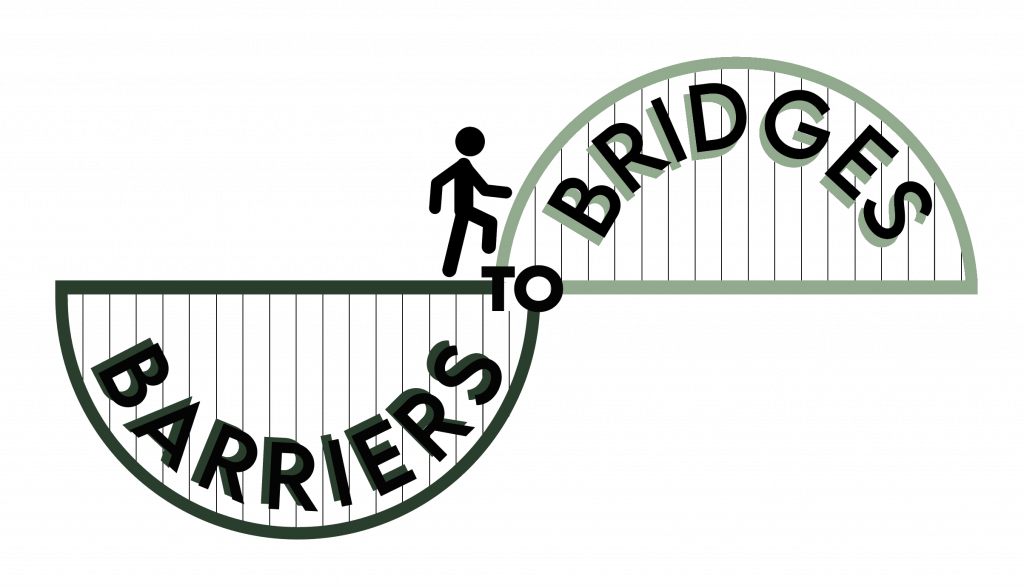by Celeste Pearce
Off-grid living is becoming more popular, with an estimated 75,000 people in the UK doing so. Whether it’s people growing disdained with the monotony of our capitalist society, van-dwelling digital nomads, or simply people wanting to save money in trying times.
Today we’re delving into the beautiful Devonshire countryside, deep inside the woods, where we’re speaking to Burty Pearce, a fifty-odd year old, and his energetic dog, Scampi.
“I’d always liked the idea to live life my way and not contributing towards the big power company’s profits, charging the poorest people the most for their services.” Said Burty Pearce.

Ambling my way in the shade through towering trees, I come to a sun-soaked opening where I’m warmly greeted by a beautiful, energetic dog and Burty, bearing a big smile whilst welcoming me into his shack.
C: So Burty, thank you for letting me visit your beautiful abode. Just from walking up here amongst the trees, the sunshine dancing through the leaves, to your quaint shack, the only sound coming from the nearby birds, I can see why you’d choose to live here. Is there anything aside from the obvious, making off-grid living so appealing? And how did you come about living here?
B: I started working this land 15 or so years ago now and my then father-in-law fell in love with the place, so when the opportunity arose to buy a piece, he managed to get this plot. When my previous relationship broke down and I was looking for somewhere to live, he suggested choosing a spot to live in return for working the land, and I’ve been here ever since. I’d always liked the idea of living life my way, and not contributing towards the big power company’s profits, charging the poorest people the most for their services. Plus, I think if you have the chance to, you should. I feel extremely privileged to have the opportunity to live this way, amongst the birds and bees. The things I’m able to see and experience are unique to this way of living.
C: So, you talk about unique things you’re able to experience, what sort of things do these include?
B: I’ll give you one example; you see over there? (He points to a bird feeder full of small chirping birds), I must refill every morning. Now for a time, if I wasn’t as punctual as they may have liked at refilling them, the crows would come down in the morning and I’d be awoken to the sound of their beaks rapping on the door. Also, quite often just outside the window, you’ll see deer passing by.
C: Oh, how wonderful being so close to nature. With all of those lovely happenings just outside your door, do you think you could ever live ‘normally’ again?
B: I would like to say not, it’s not even something I could imagine. Like you say, with the abundant beauty around me, the idea of moving away would be idiotic. I guess my only concern would be if I was to get to an age where I physically wasn’t able to live here. Getting older makes certain things more difficult, but I’ll adapt my accommodation if need be and do everything I can to prolong living here.
C: I can imagine, the incline up here is quite difficult for the most fit! Now you’ve spoken about your physical health and consequences it may have to your lifestyle upon deteriorating. But what effect does living somewhat disconnected from society, have on your mental health?
B: The effect of living this way has been mainly positive for my mental health. With the obvious pros, being surrounded by nature, the peace and quiet, and knowing your impact on the earth is minimal feels good. You also don’t have a choice in keeping active as it takes work living this way, a positive as I suffer with my mental health at times, and although sometimes I feel like I’d like to spend all day in bed, living this way ensures I don’t. Also, whilst living on a low income, I find it easier living a frugal lifestyle as my expenses are minimal in comparison to living on-grid, meaning my money worries are lessened and in our current situation where the living costs are ever increasing and wages/benefits are staying the same, I’m very grateful.
C: It’s great to hear the positives seem to outweigh any negatives you have about living this way and to be honest even the short time I’ve spent here I’m rather envious and curious about living off-grid. I think for me and others, I would worry about missing my creature comforts and it’s deciding whether they would be worth giving up. Is there anything you miss about living in a connected home?
B: I imagine for a certain type of person it may be a more difficult transition, but in all honesty, I lived a simple life before, so changes haven’t been too severe, if I get enough power from the solar panels, battery for my phone, tablet, and radio – I’m happy.
C: I’m not sure the transition for me would be as easy! Especially for my children, I think they would take persuading to make certain sacrifices.
Thank you for having me today, showing me your home, the lovely cuppa and for giving us a unique insight into the way you live. You’ve piqued my interest and I will surely consider it as an option in the future. I wish you and Scampi good health and hope you’re able to live in the woods, amongst nature for as long as you like.
© 2021
